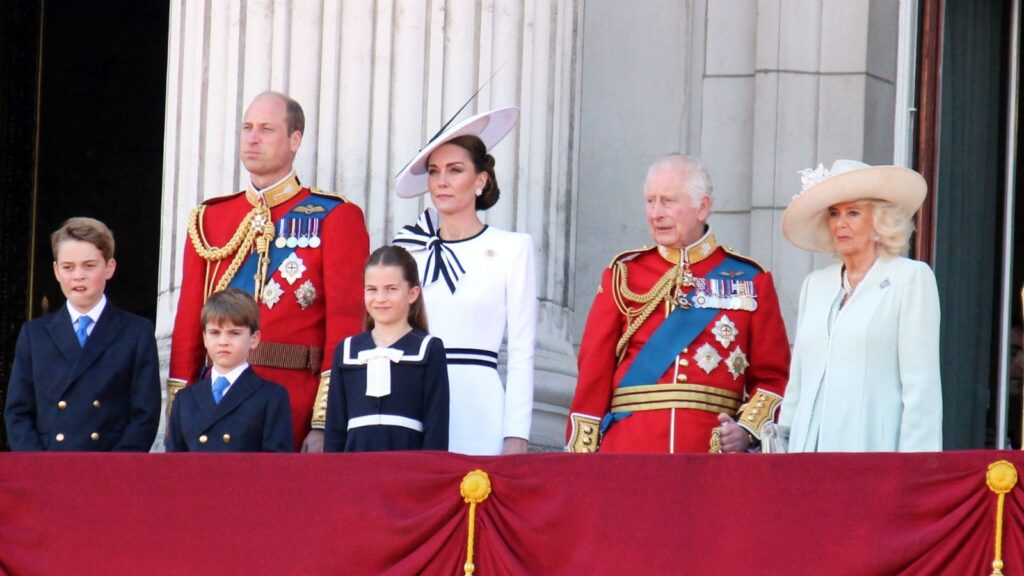The British Royal Family has been a fixture of the UK for centuries, playing a vital role in the country’s history and culture. Despite the changing times and modern attitudes, the monarchy remains a significant institution. But what keeps the Royal Family relevant? We’ve listed 21 reasons why the British Royal Family continues to matter.
Cultural Heritage and Tradition
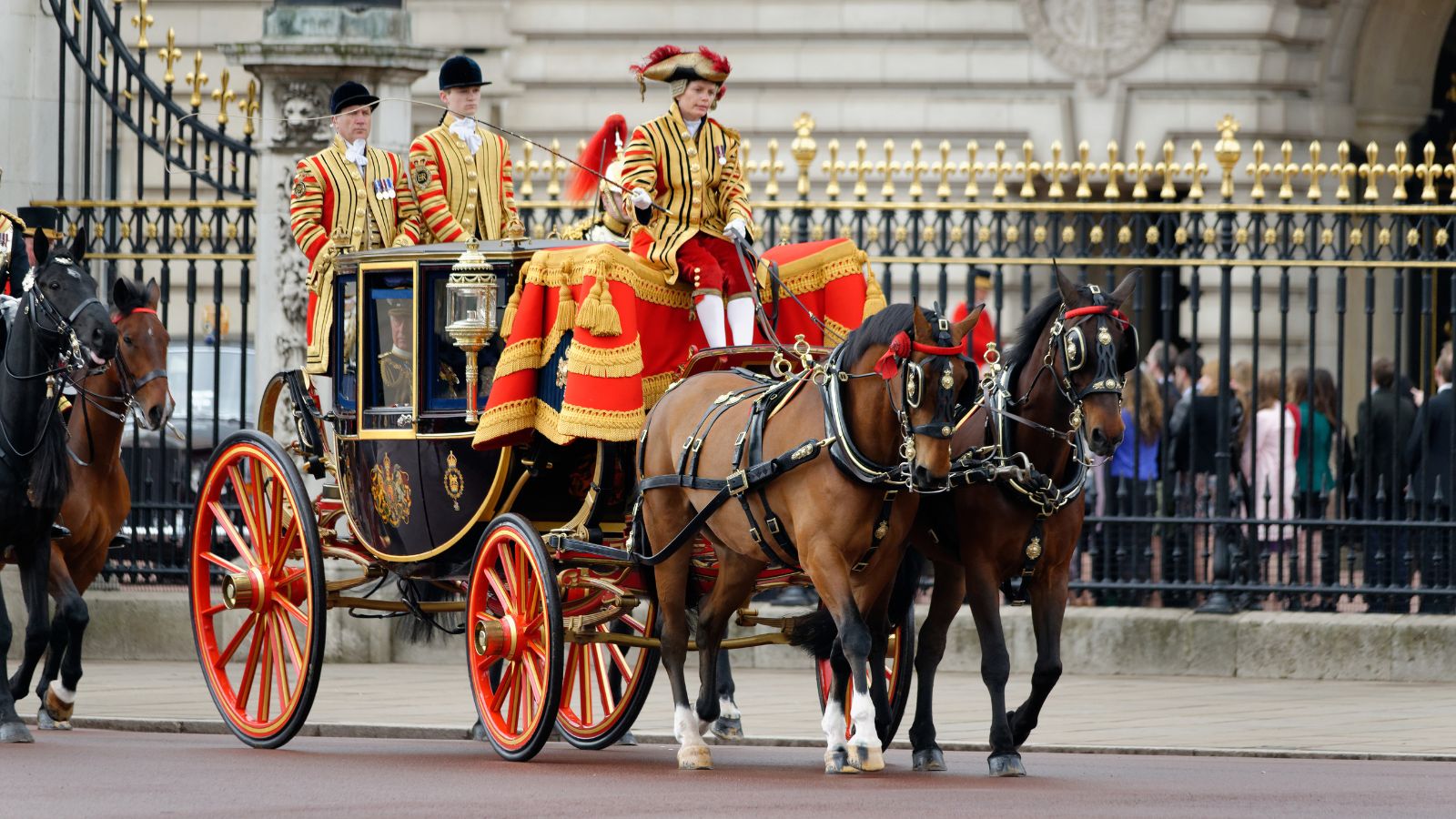
According to Private Tours England, “The Royal Family is an integral part of English culture and history.” They are custodians of centuries-old customs and ceremonies that continue to fascinate and unite people. These include the State Opening of Parliament and the Trooping the Colour, which provide a sense of continuity and national pride.
National Unity
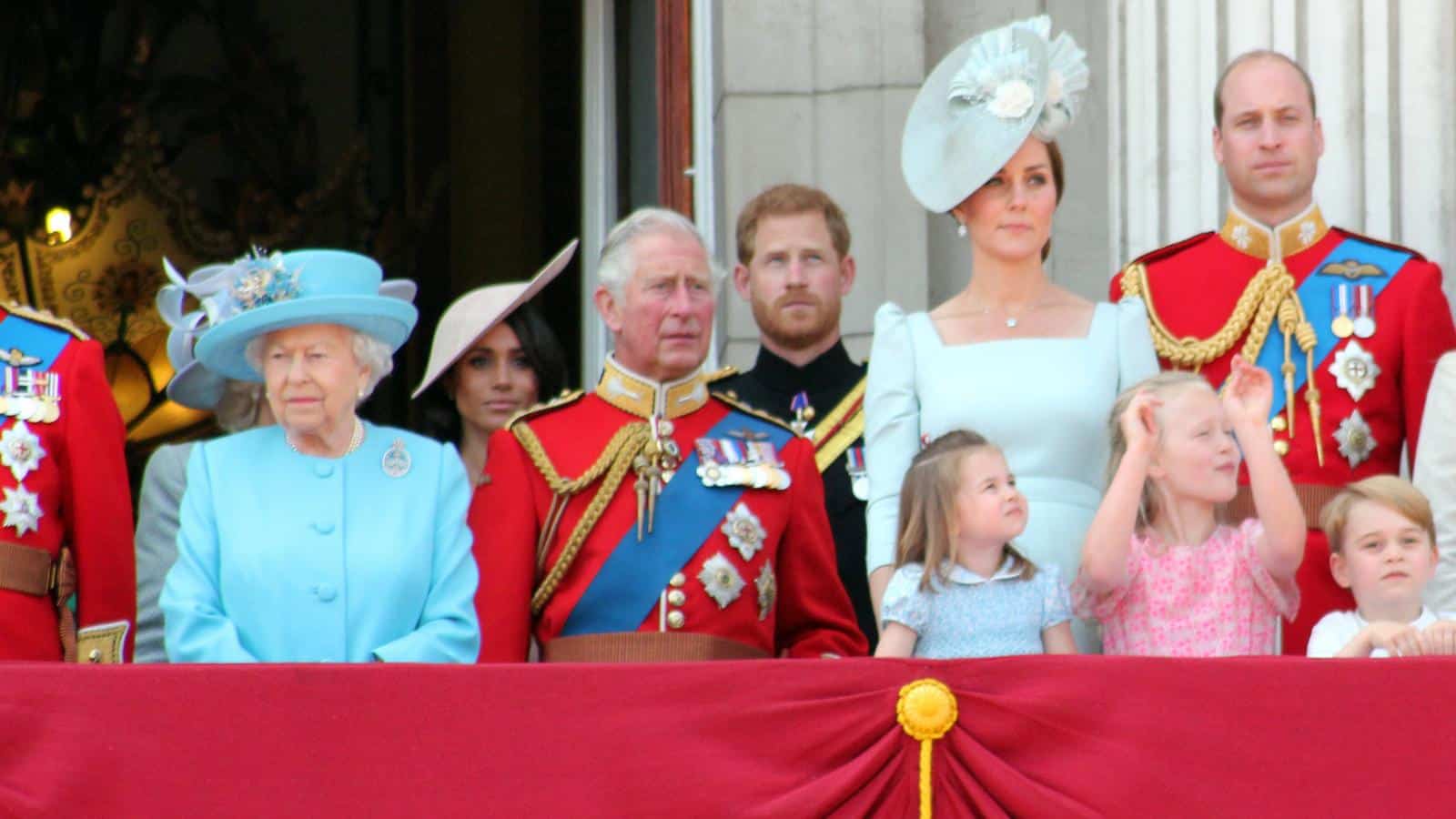
In times of national crisis or celebration, the Royals serve as a unifying force, and their presence at significant events, such as royal weddings, jubilees, and state funerals, brings the nation together. This sense of unity and shared experience strengthens the country’s social fabric.
Charity and Philanthropy

The Monarchy is deeply involved in charitable work, supporting hundreds of organisations and causes. Members of the family, such as Prince William, champion mental health awareness, conservation, and veterans’ issues. Their high-profile involvement brings attention and funding to important causes, making a tangible difference in people’s lives.
Diplomatic Role

The Royal Family plays a crucial role in international diplomacy. Their state visits and engagements help maintain good relations between the UK and other countries. The monarch’s extensive knowledge and experience have made them an invaluable diplomatic asset, respected by world leaders and politicians.
Tourism
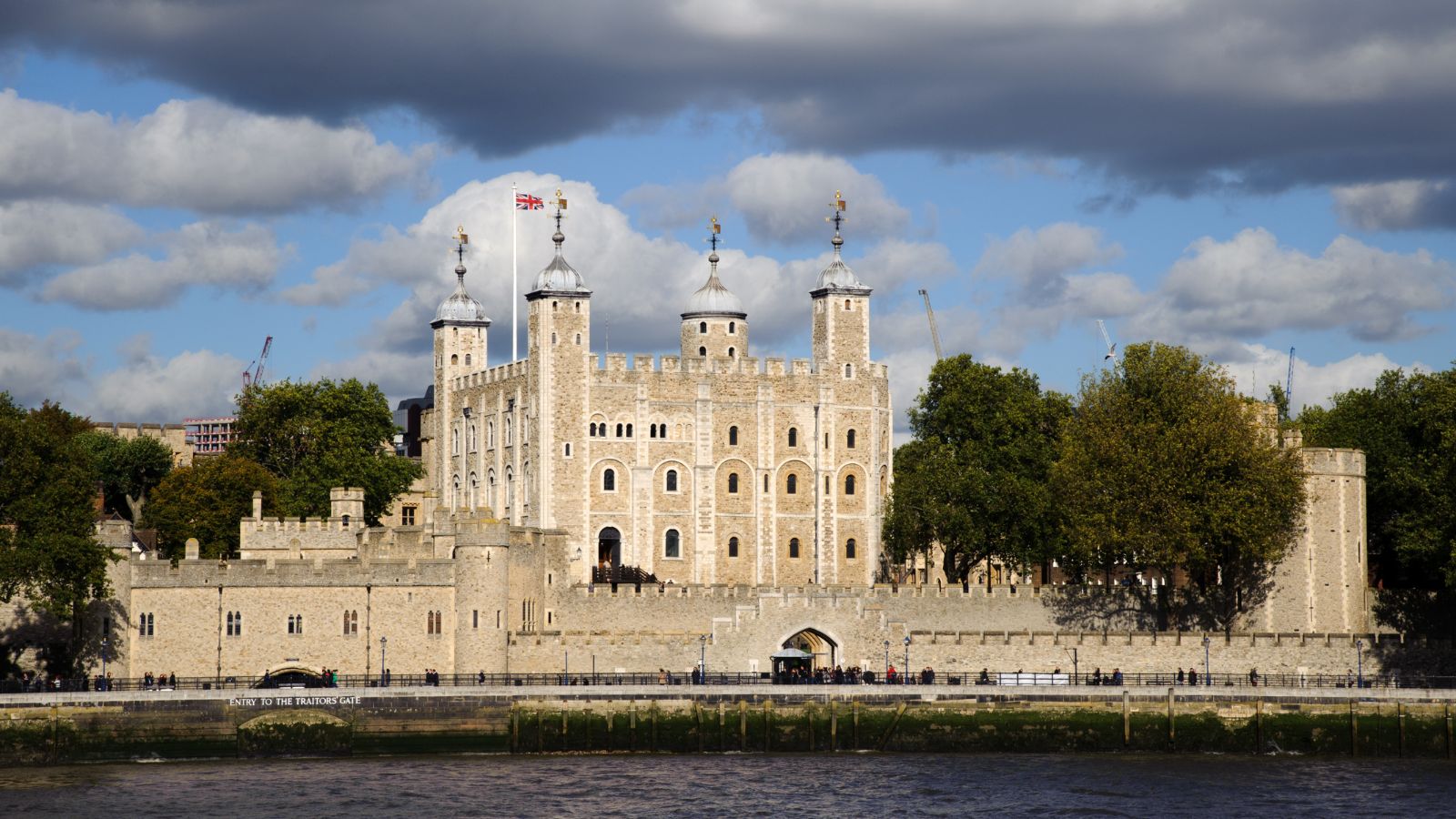
The Royal Family is a major draw for tourists, contributing significantly to the UK economy, as iconic landmarks such as Buckingham Palace, Windsor Castle, and the Tower of London attract millions of visitors each year. Royal events, like the Changing of the Guard and royal weddings, also boost tourism, drawing crowds from around the world.
Global Influence

The British monarchy has a global reach, with the King serving as the head of state for multiple Commonwealth countries. This international presence helps promote British values and interests on the world stage, and the Royal Family’s influence extends far beyond the UK, making them a key player in global affairs.
Continuity and Stability
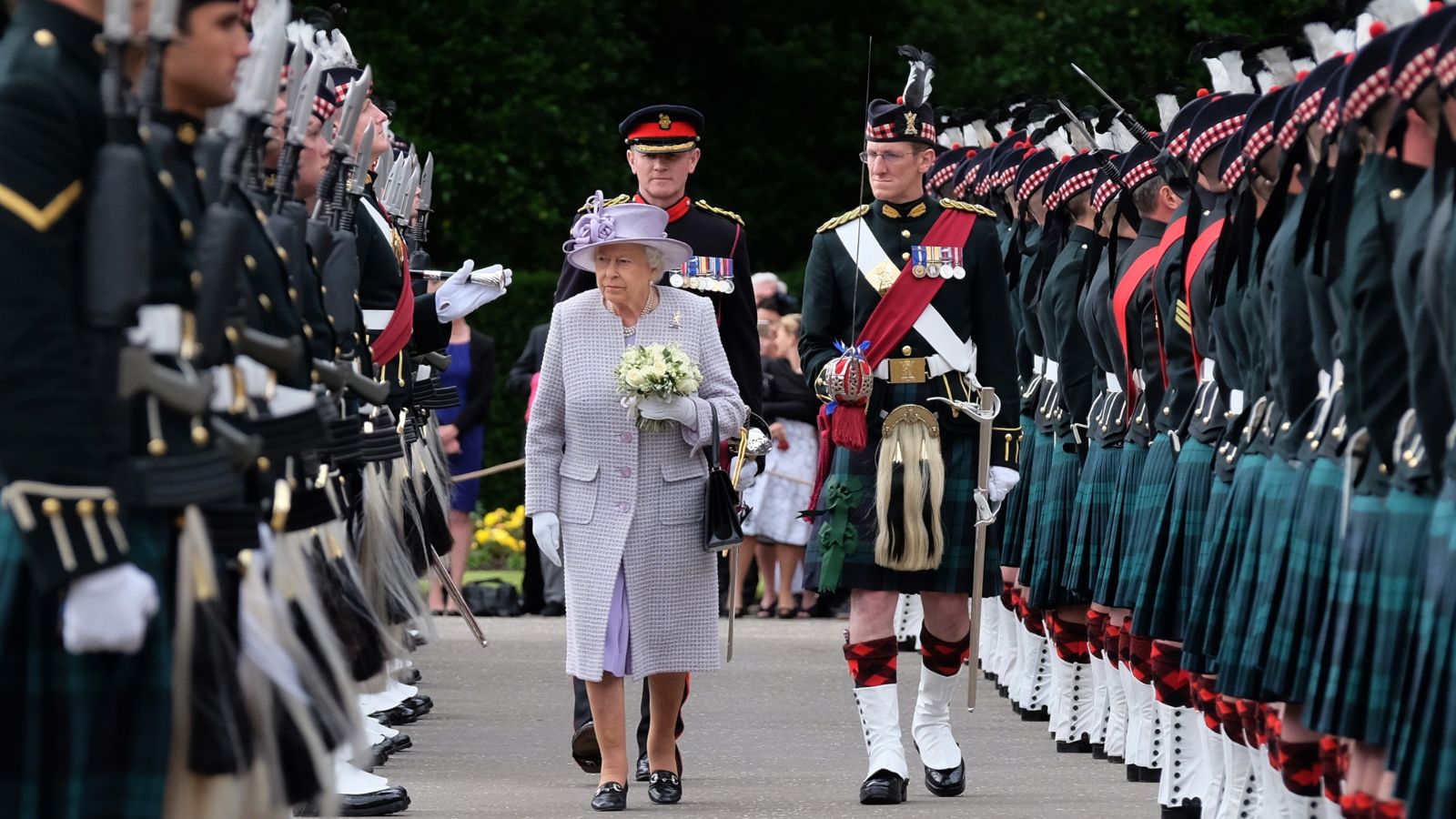
In a world always on the move, the monarchy provides a sense of continuity and stability, too. The late queen’s long reign had seen numerous political and social changes, yet she remained a constant, reassuring presence. Now with the king, this stability is particularly valued in times of uncertainty or upheaval.
Modernisation and Adaptability

The Royal Family has shown a remarkable ability to adapt to modern times. They have embraced social media, allowing for greater engagement with the public, and initiatives like The Duke and Duchess of Cambridge’s Heads Together campaign demonstrate their willingness to tackle contemporary issues and stay relevant to new generations.
Soft Power
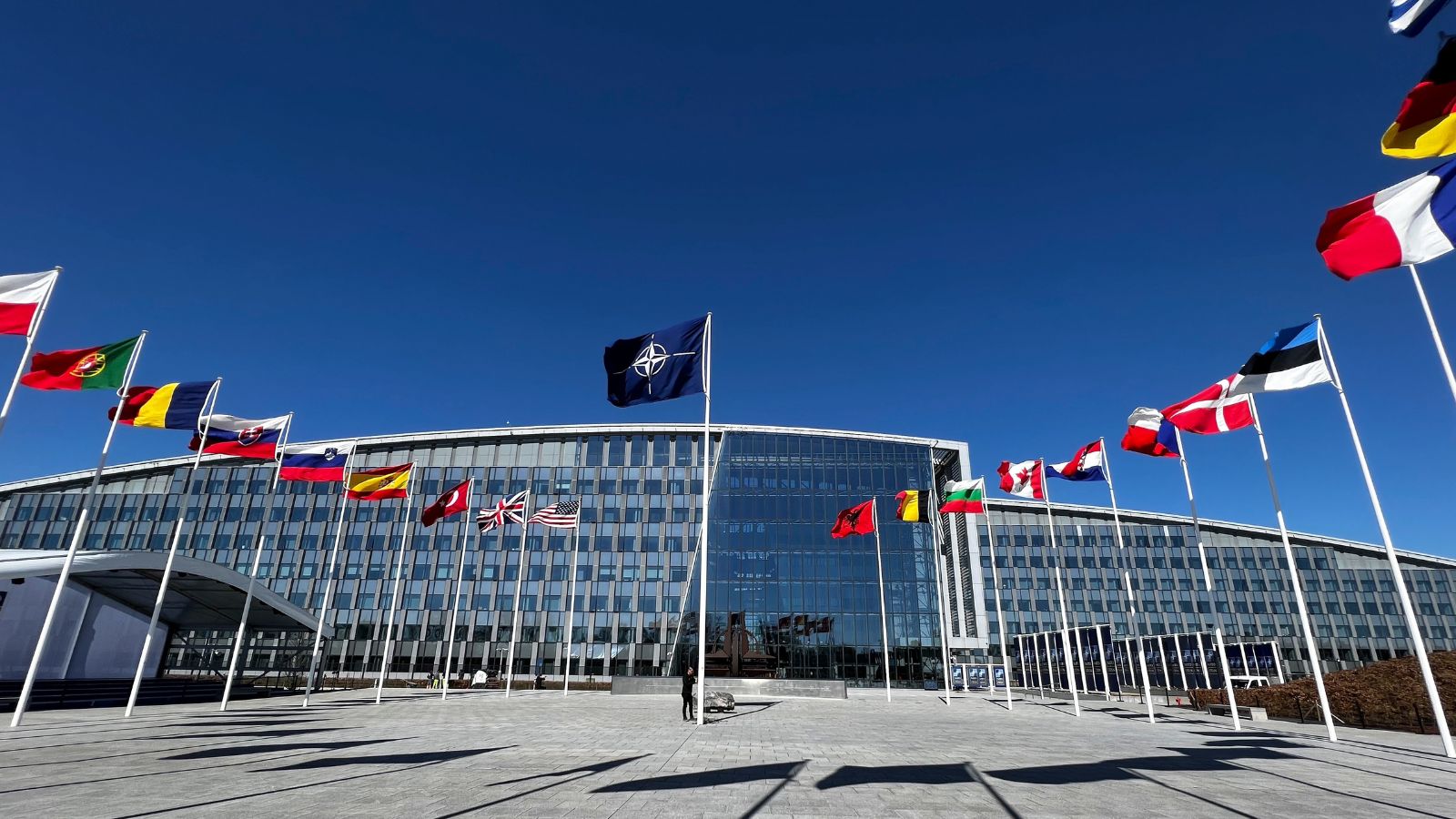
Wielding considerable soft power and enhancing the UK’s cultural and political influence worldwide, the monarchy’s ability to capture international attention and generate goodwill is unparalleled. This soft power can be instrumental in promoting British interests and values globally, which is always beneficial.
National Identity
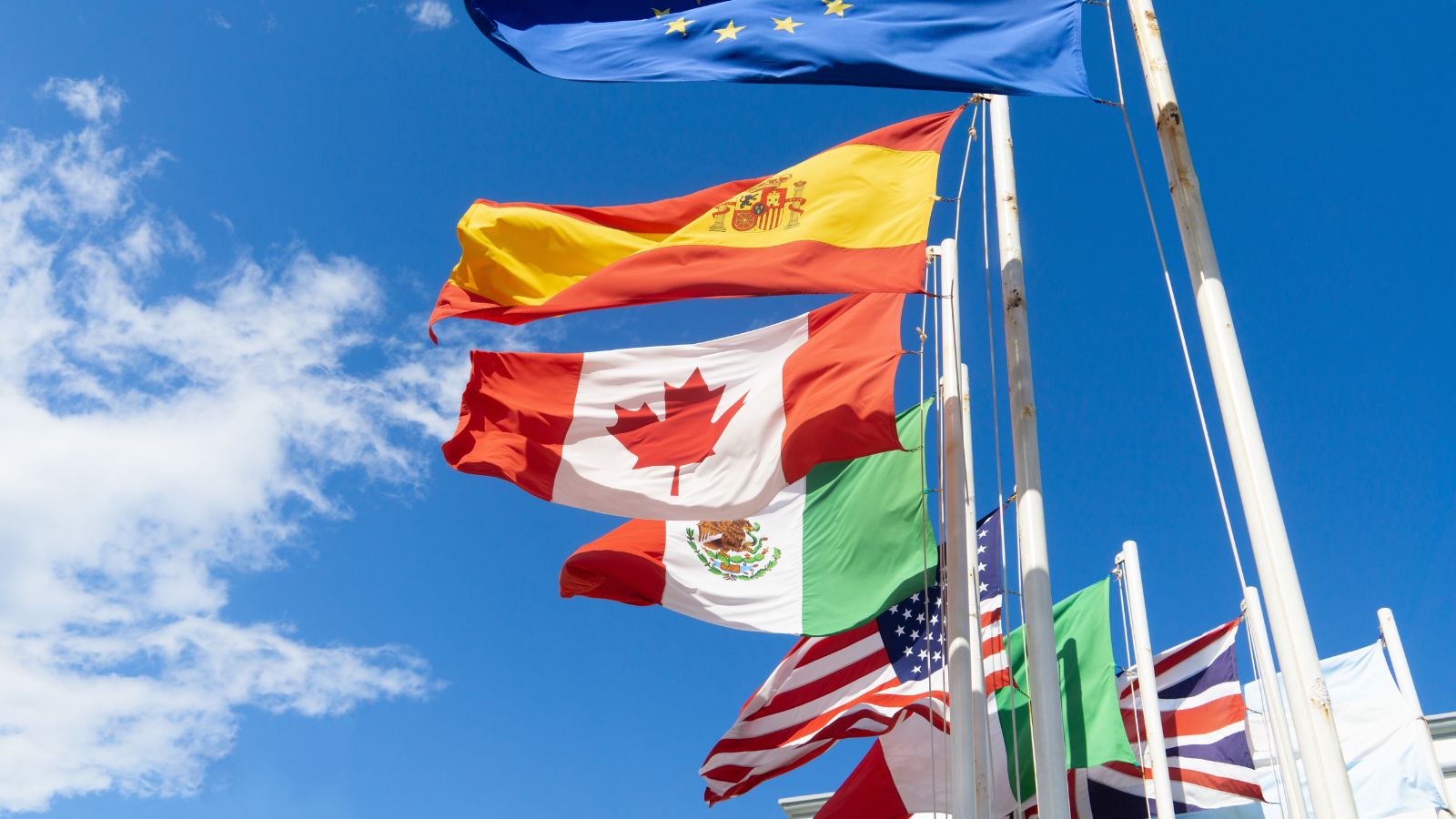
The royal family is a key component of British national identity, as they embody a sense of Britishness that resonates both domestically and internationally. This identity is celebrated during national holidays and events, resulting in a sense of belonging and pride among citizens.
Symbol of Service
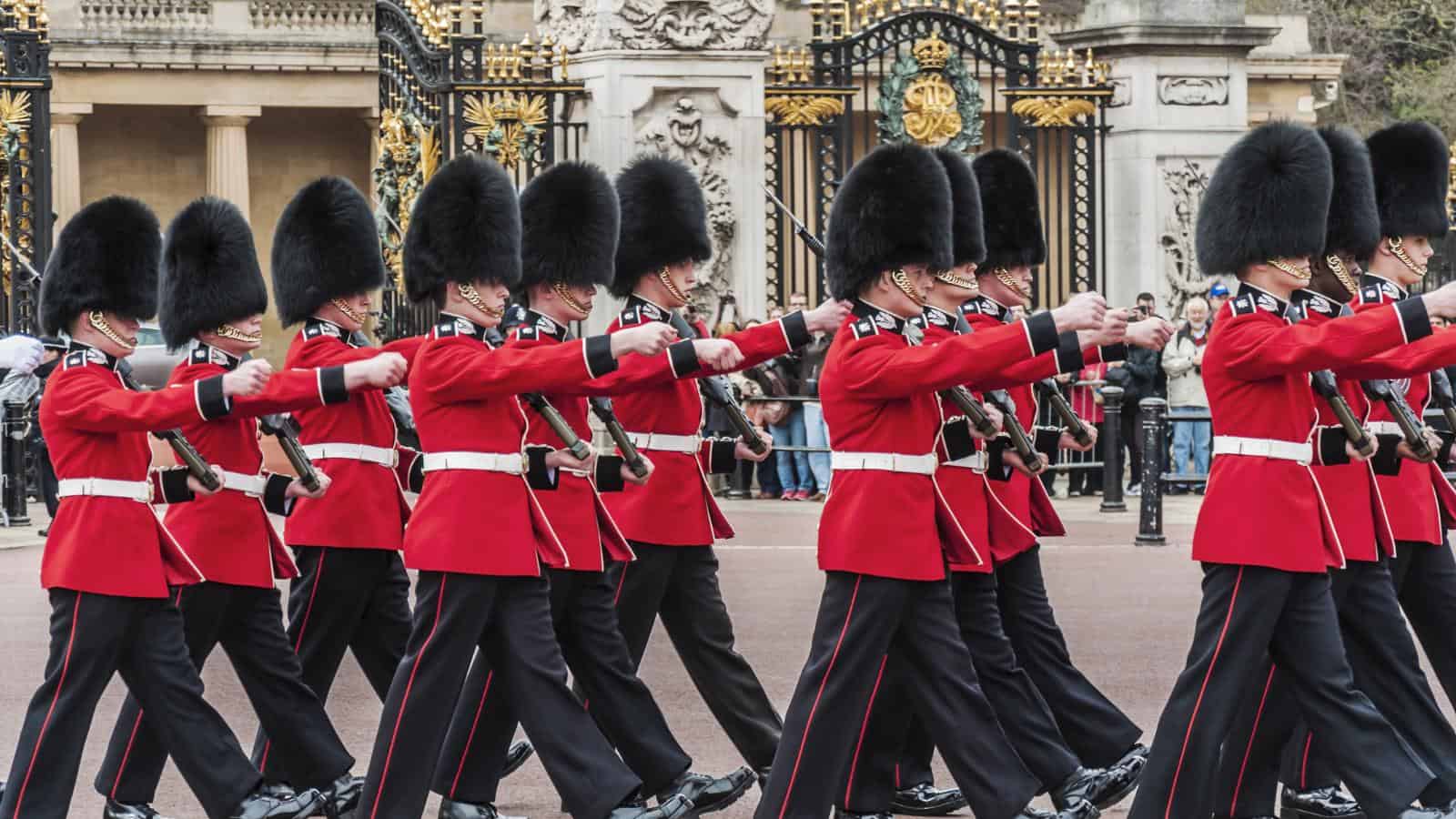
It’s also true that the reigning monarch and their family exemplify the values of duty and service. The king’s dedication to his role and his tireless work ethic set an example for others to follow. This commitment to service inspires many, reinforcing the importance of public duty.
Media Interest

The Royal Family captivates the media, generating extensive coverage in newspapers, magazines, and on television. This media interest keeps them in the public eye and ensures they remain relevant in popular culture. The Royals’ personal stories and public appearances provide a constant source of news and entertainment.
Social Influence
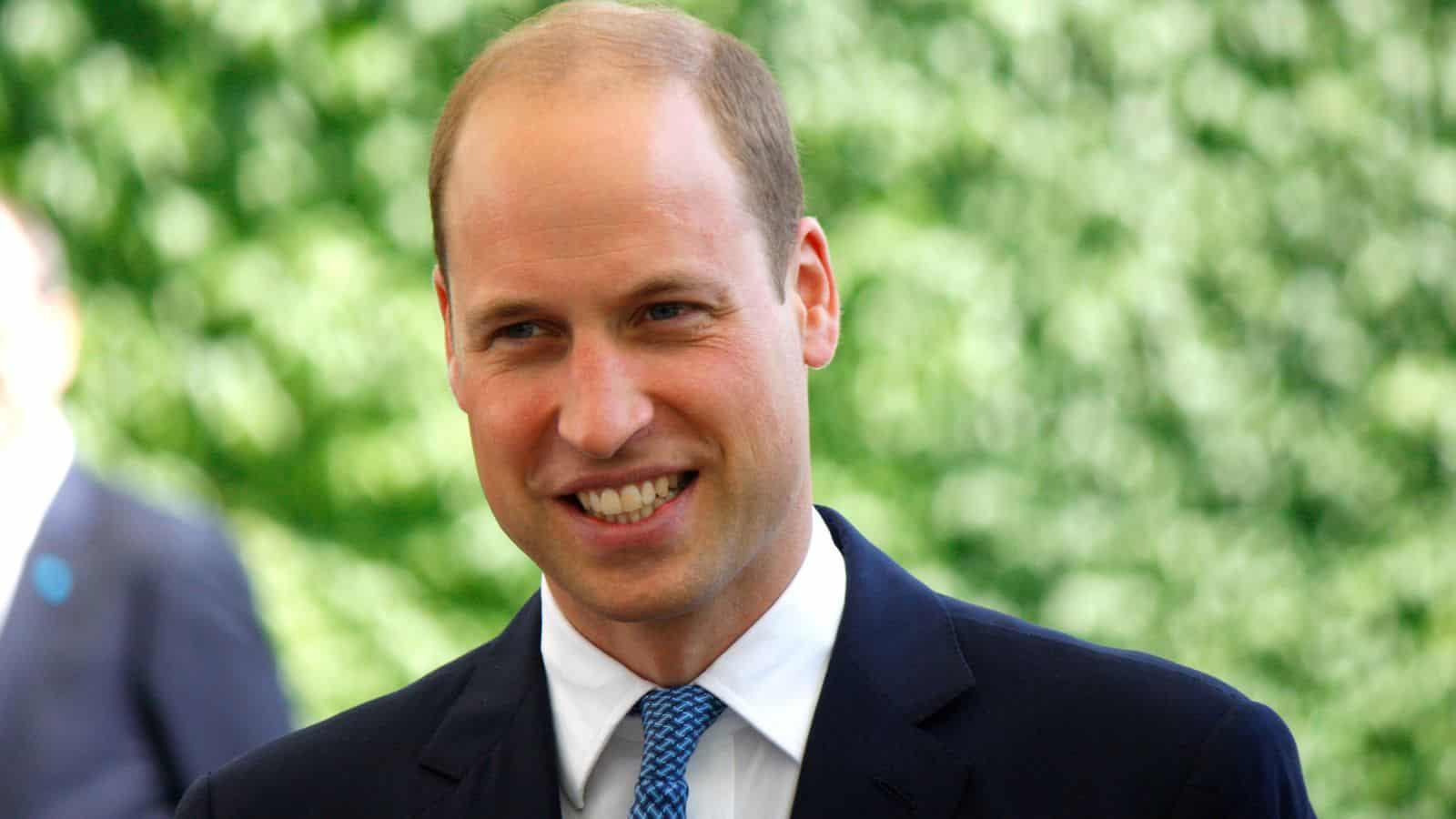
Members of the ruling family have significant social influence, particularly among younger generations. Figures like Prince William and Kate Middleton have become style icons and trendsetters. Their influence extends to fashion, lifestyle, and even social issues, shaping public opinion and trends.
Role Models
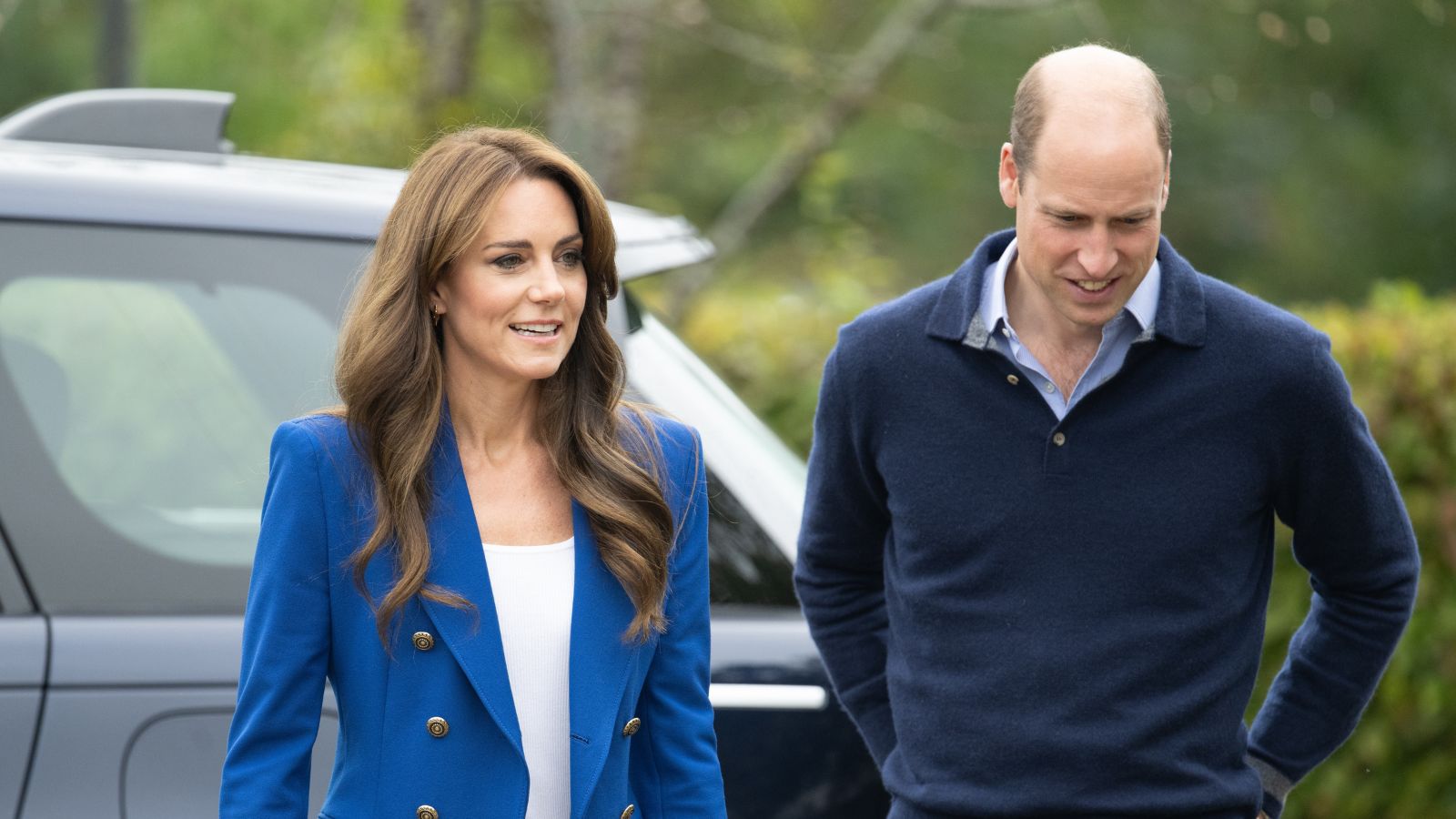
The Royal Family serves as role models for many, exemplifying positive behaviours and values. Their work in areas such as mental health, environmental conservation, and community service inspires others to get involved and make a difference. This role-modelling effect helps promote positive social change.
Education and Awareness

Using their platform to educate and raise awareness about important issues, campaigns such as The Prince’s Trust and The Earthshot Prize highlight their commitment to education and environmental sustainability. By leveraging their visibility, the Royal Family can bring critical issues to the forefront of public consciousness.
Preservation of Historic Sites

The monarchy is also responsible for the maintenance and preservation of numerous historic sites and properties. These locations, such as Kensington Palace and the Royal Botanic Gardens, are integral to the UK’s cultural heritage. Their upkeep ensures that future generations can continue to enjoy and learn from them.
Support for the Armed Forces
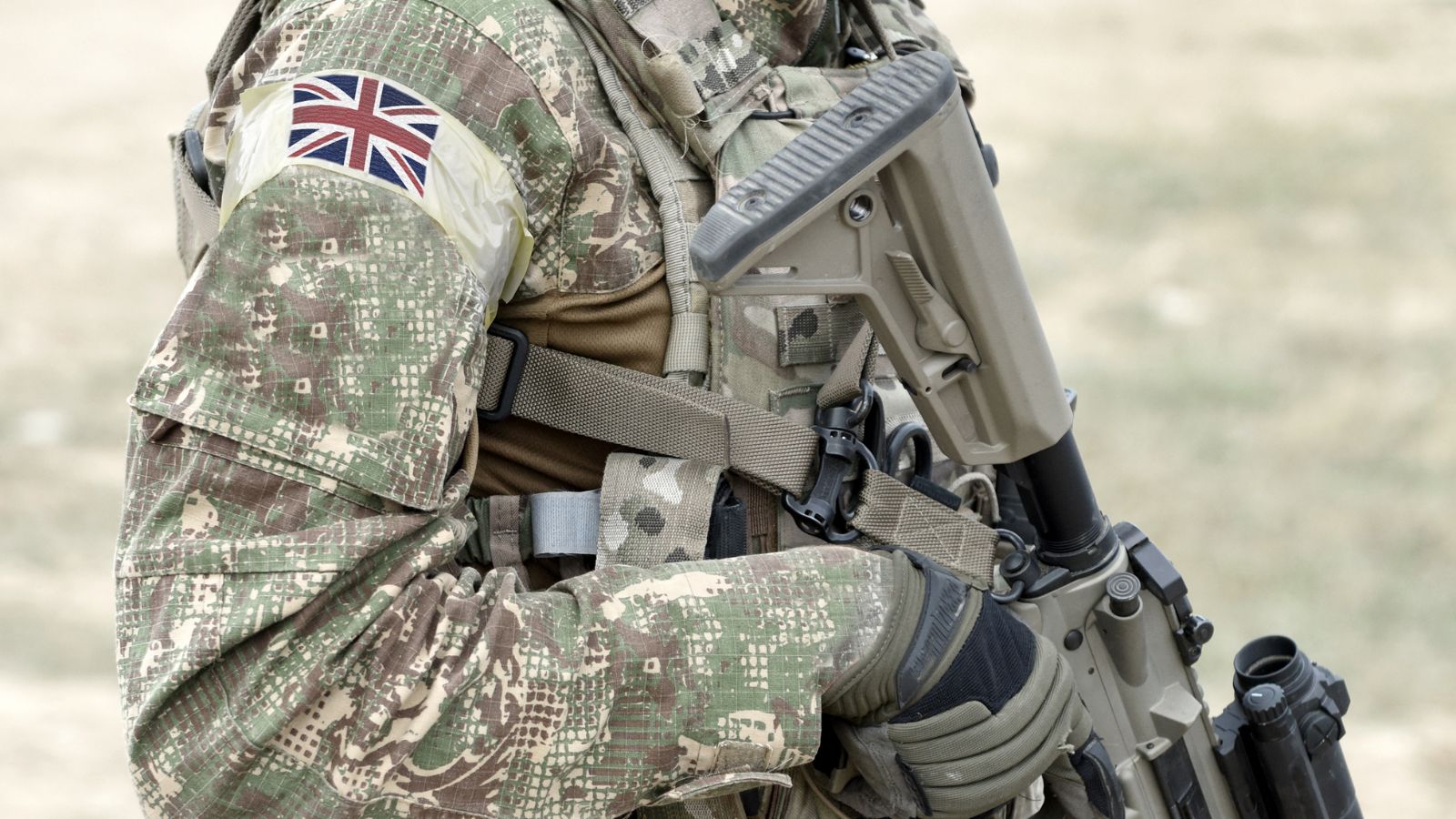
The Royal Family has a long-standing connection with the armed forces. Members often serve in the military and support veterans’ organisations. This relationship underscores the importance of national service and provides vital support to military personnel and their families.
Promoting British Industry
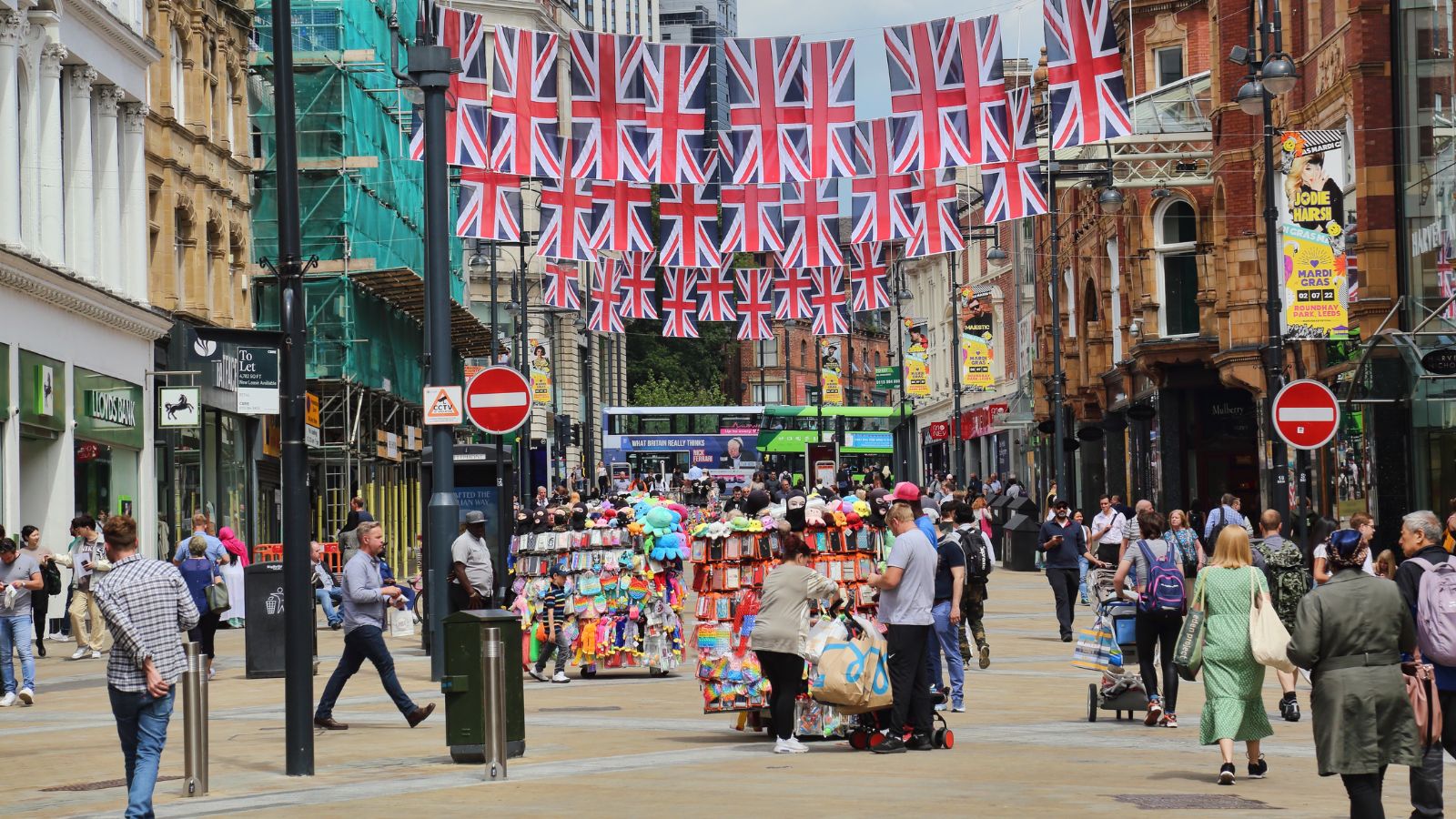
British royals also help promote their country’s industry and commerce by being patrons of various organisations and businesses. Their endorsements can boost the profile of British products and services, both domestically and internationally, and this support is particularly valuable for smaller enterprises seeking to expand their reach.
Environmental Advocacy
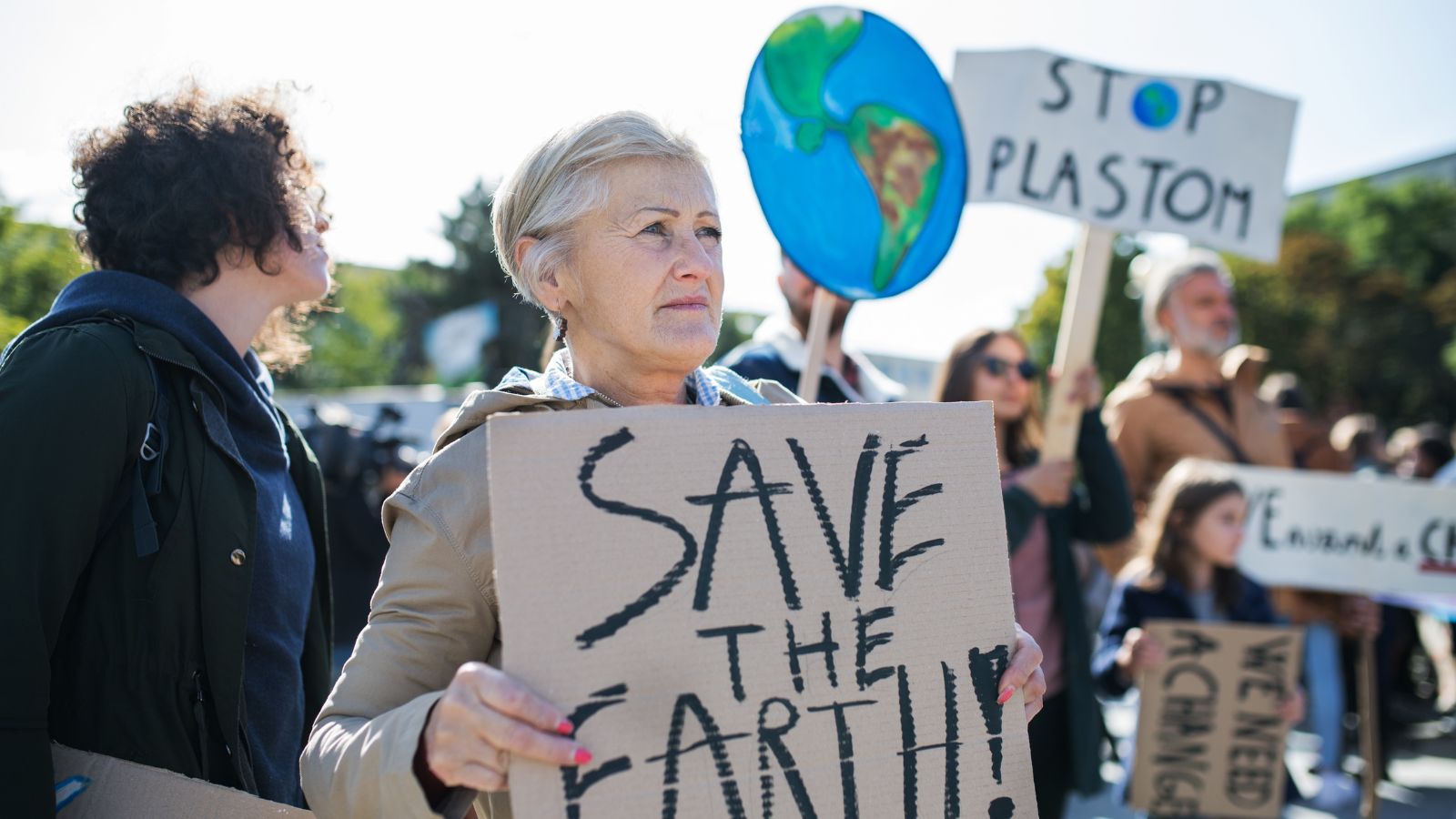
Environmental issues are a key focus for the Royal Family. King Charles, in particular, has been a long-time advocate for environmental conservation and sustainability, with initiatives such as The Prince’s Trust and The Earthshot Prize highlighting their commitment to addressing climate change and promoting ecological awareness.
Connection with the Public
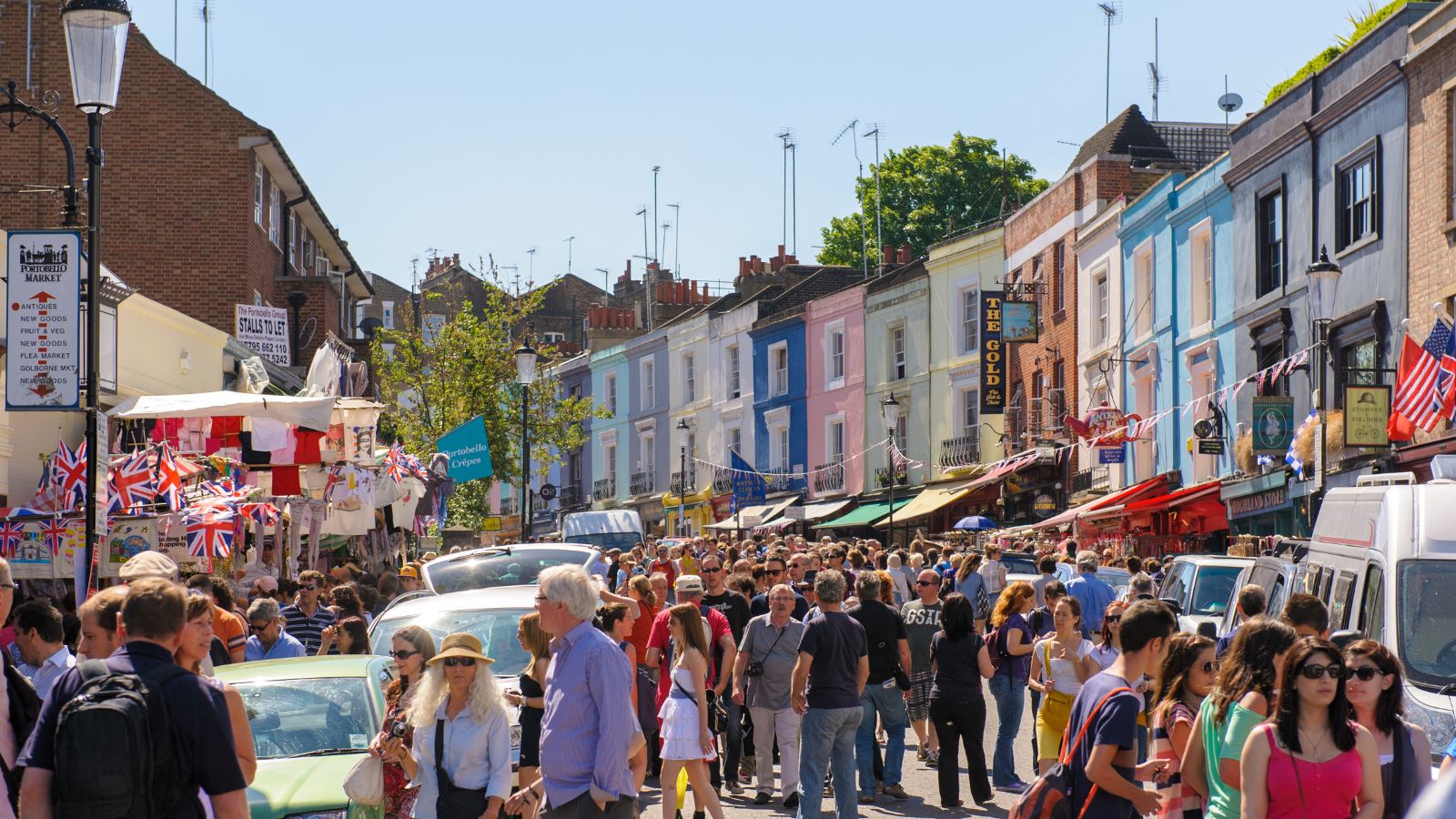
The Royal Family maintains a strong connection with the public through engagements and public appearances, attending community events, visiting schools, and supporting local initiatives. This creates a sense of accessibility and approachability, helping humanise the Royals and endear them to the public.
Inspiration for the Arts
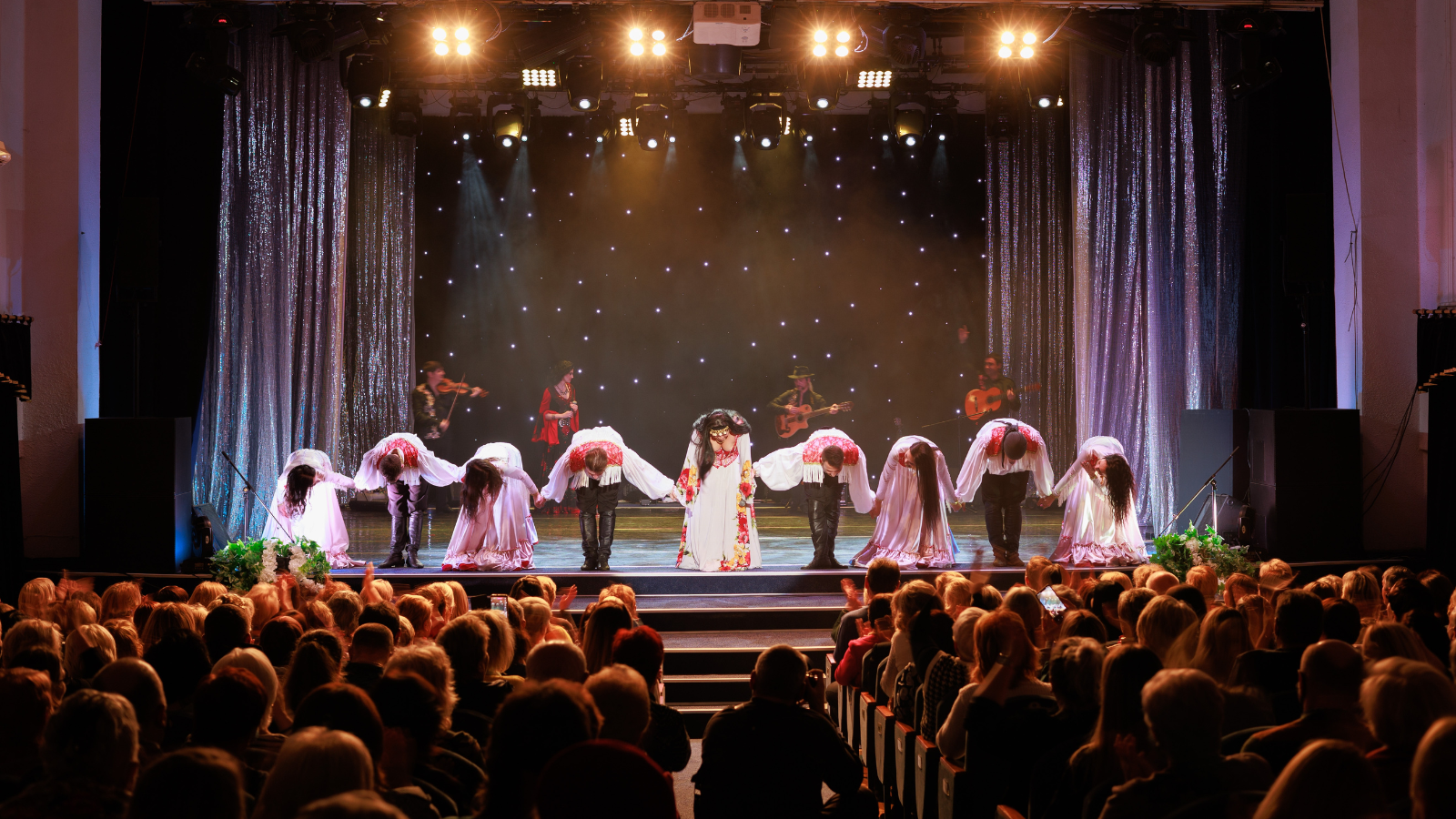
Lastly, the reigning family has long been a source of inspiration for the arts, including literature, theatre, film, and television. Their lives and stories provide rich material for creative works, contributing to the UK’s cultural output. This artistic inspiration helps keep the monarchy relevant in the realm of popular culture.

